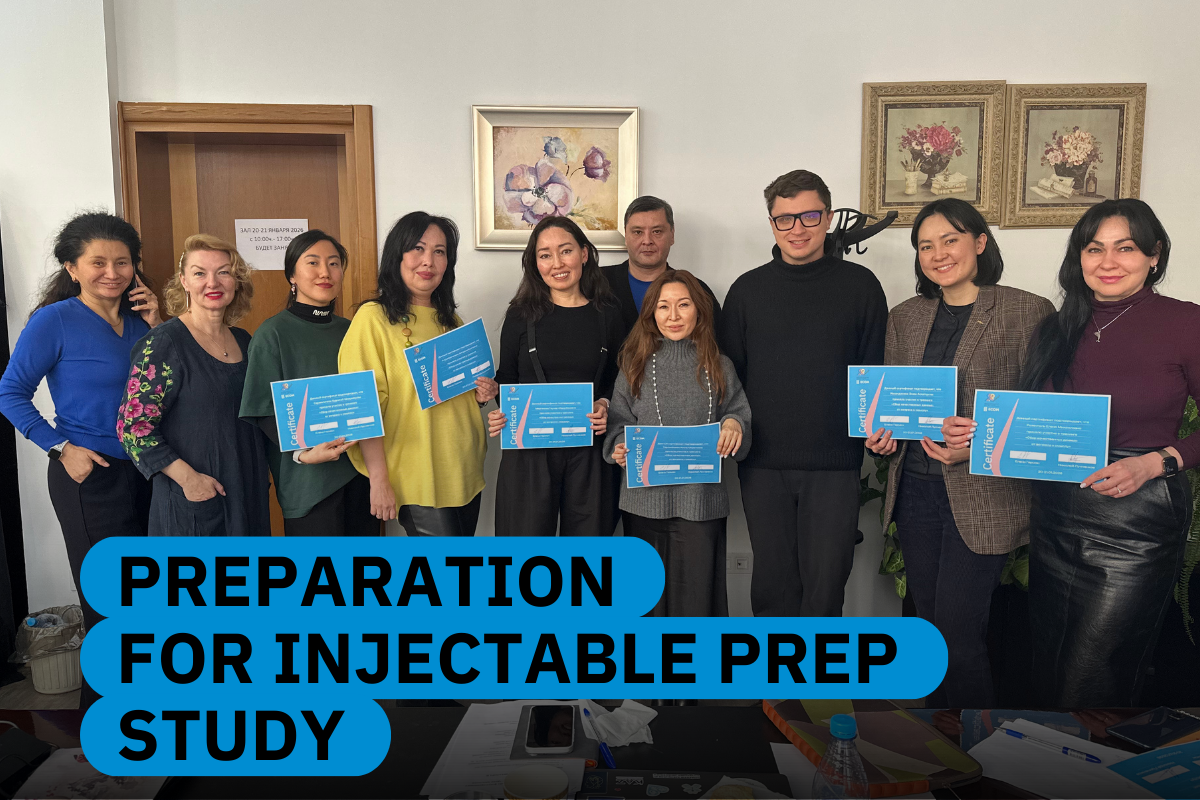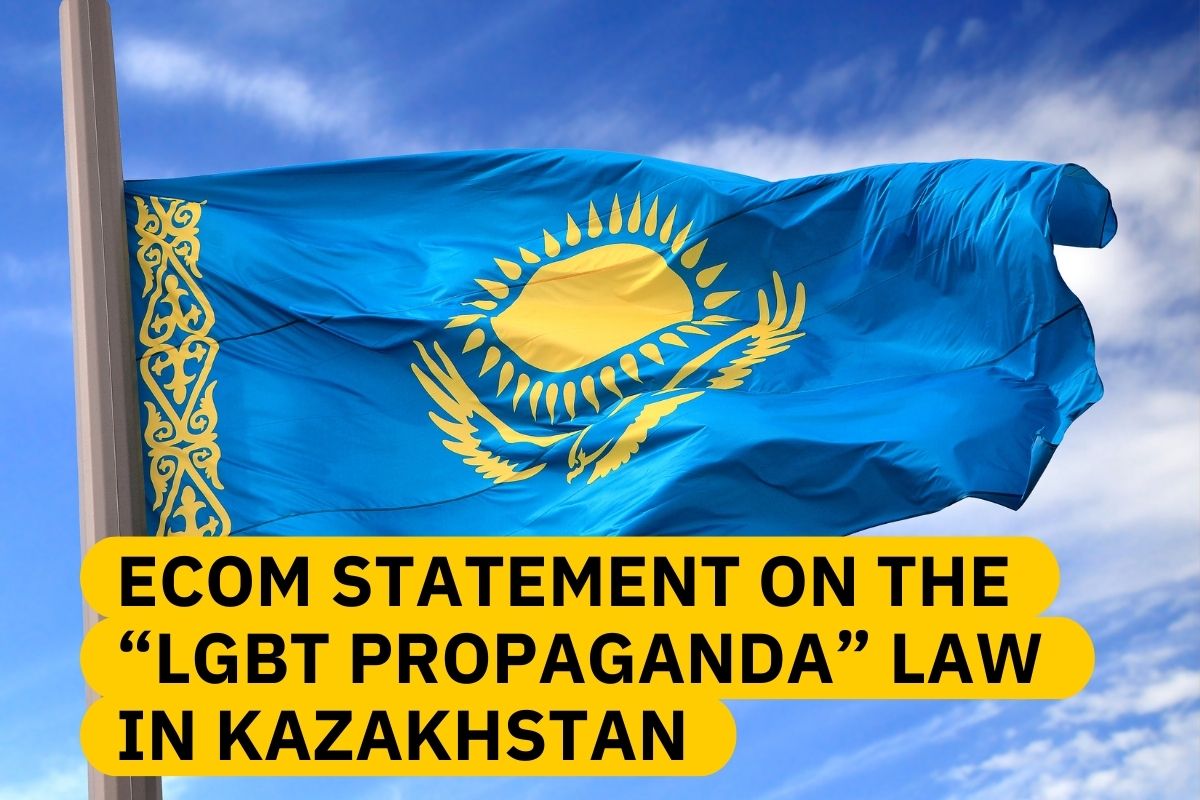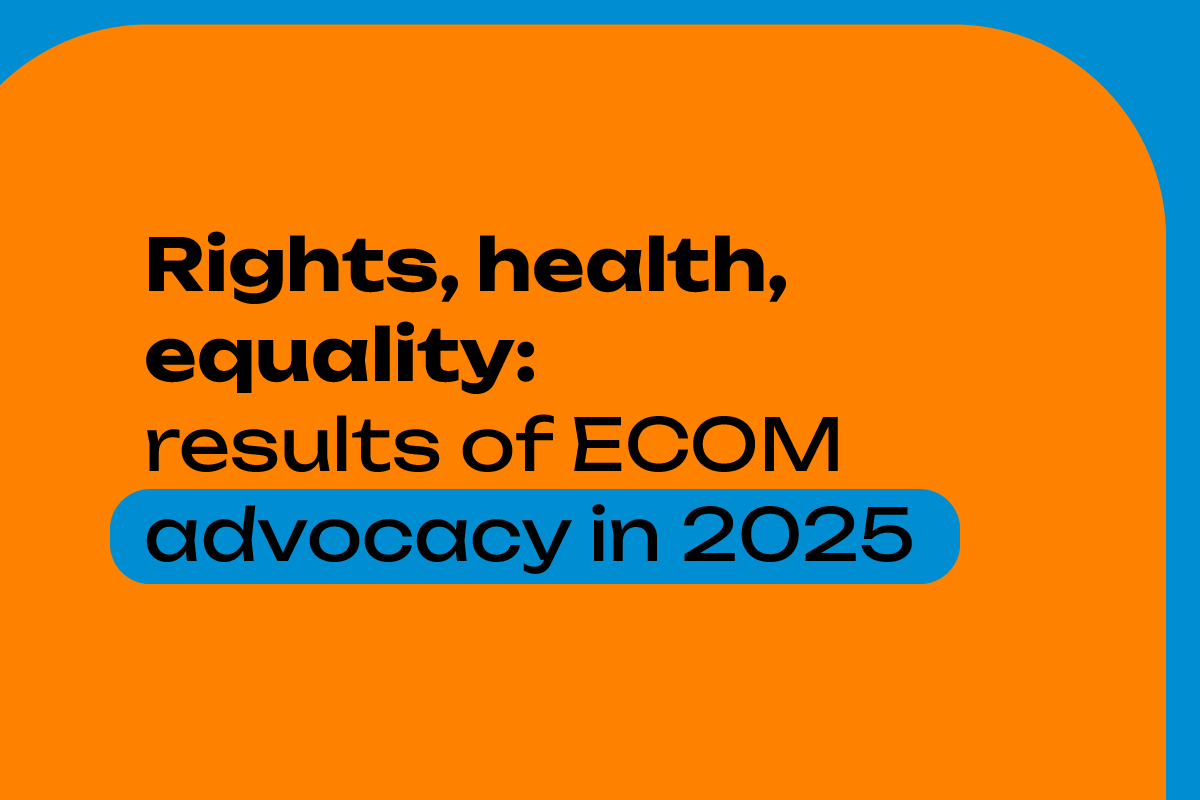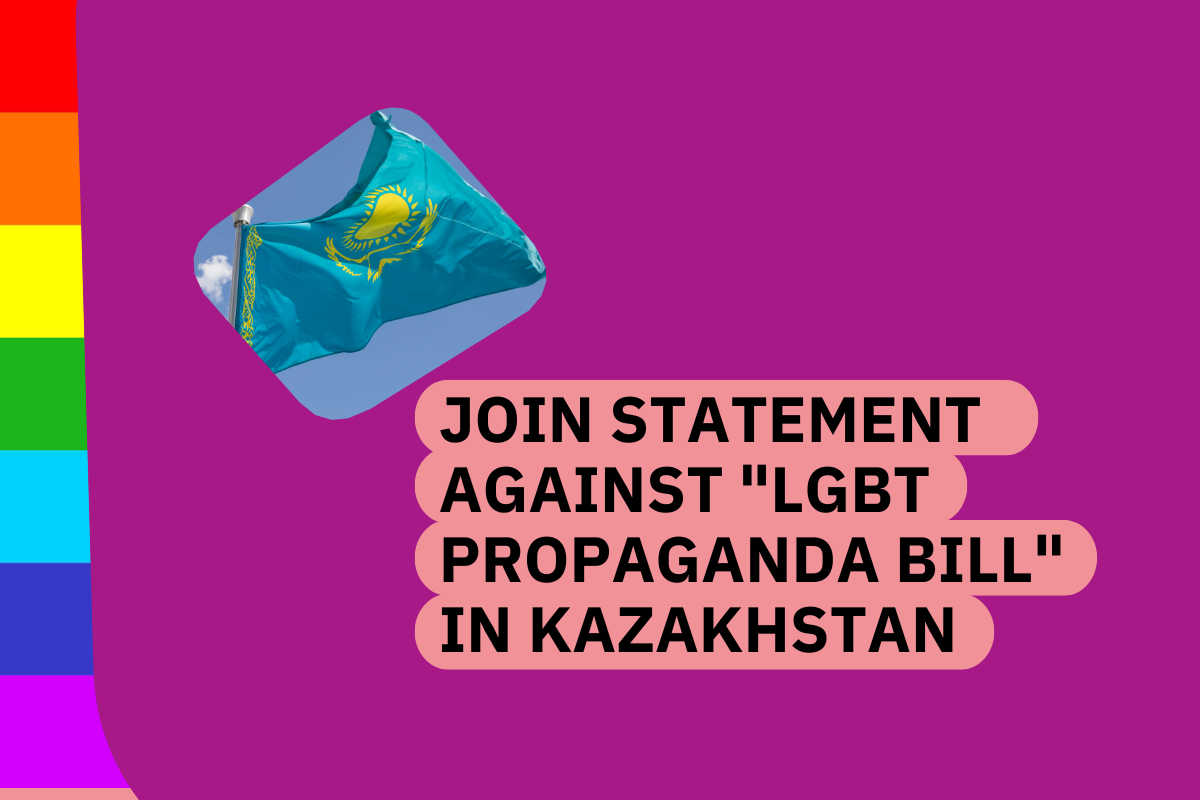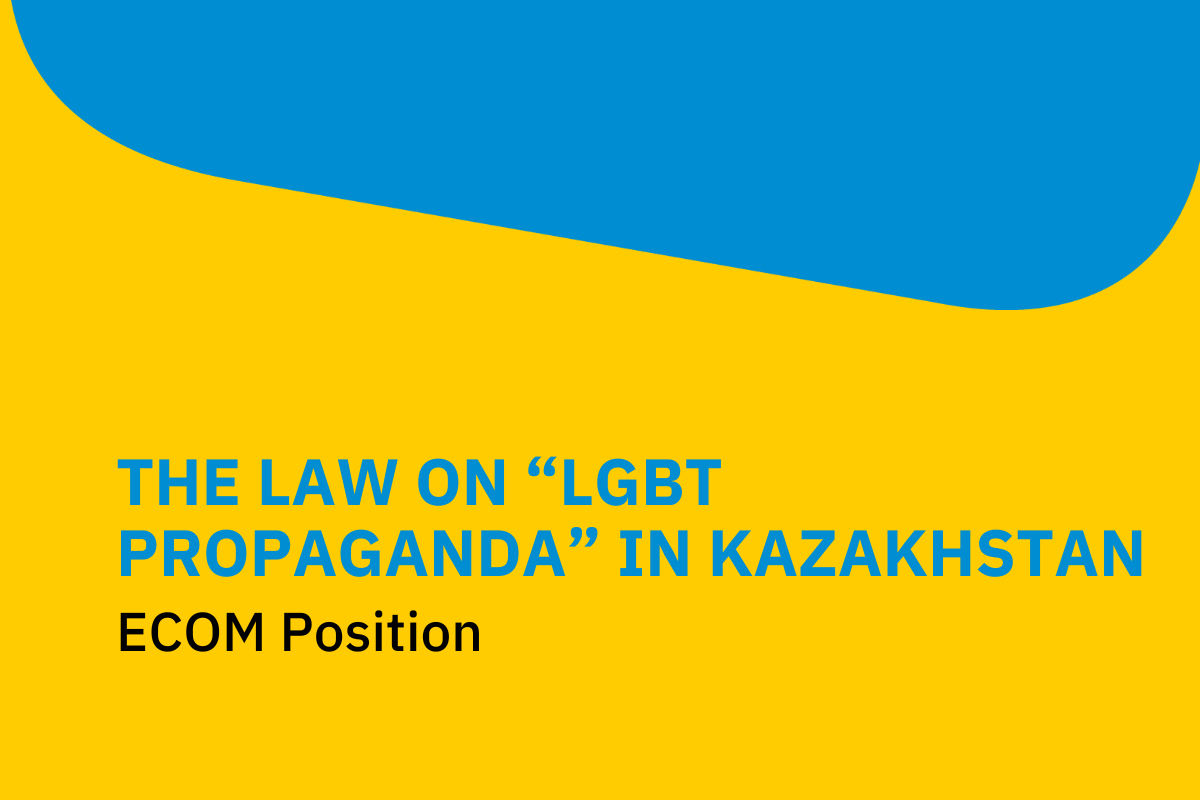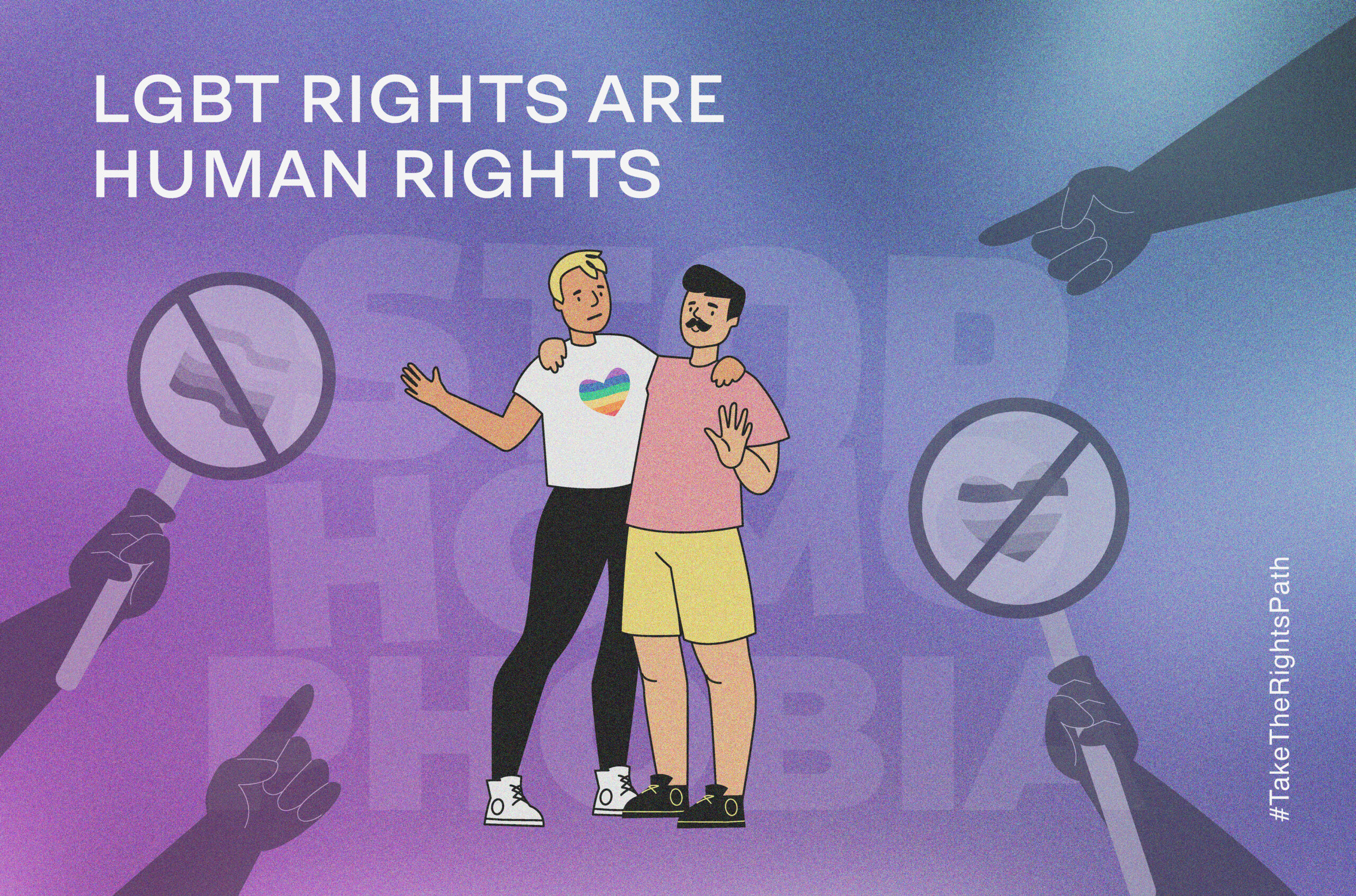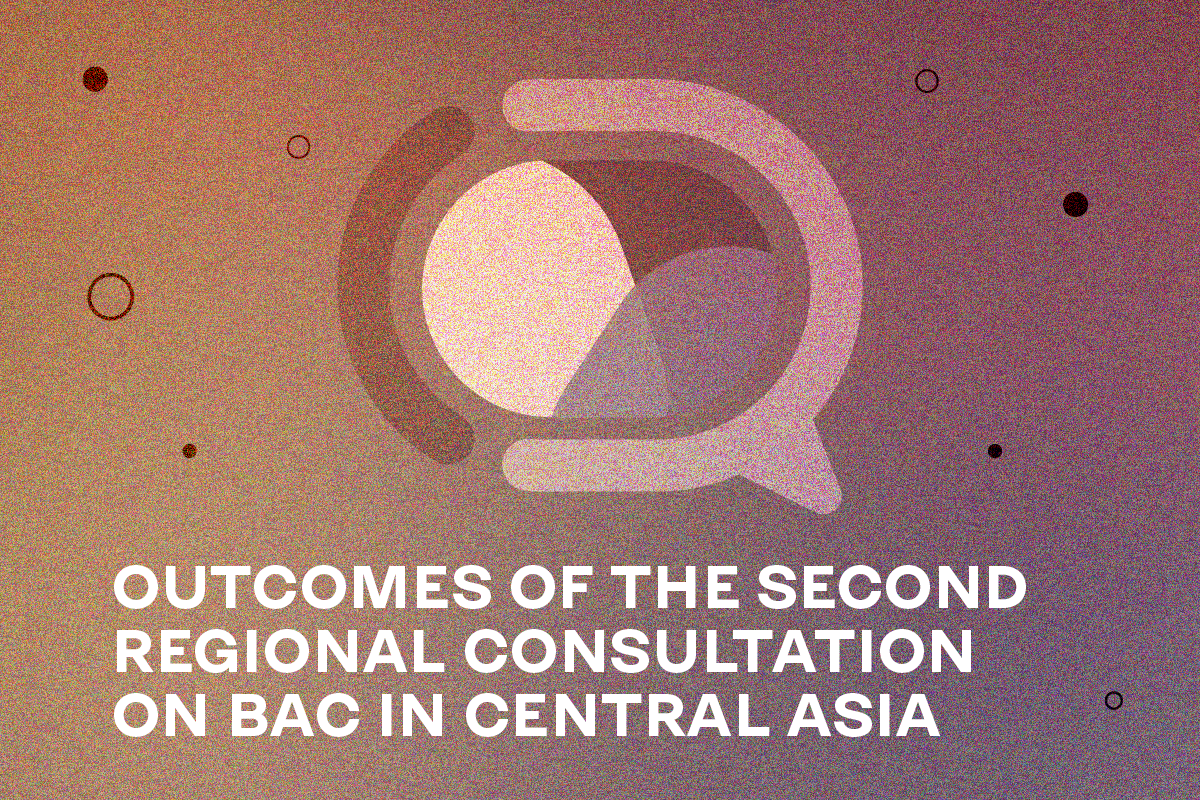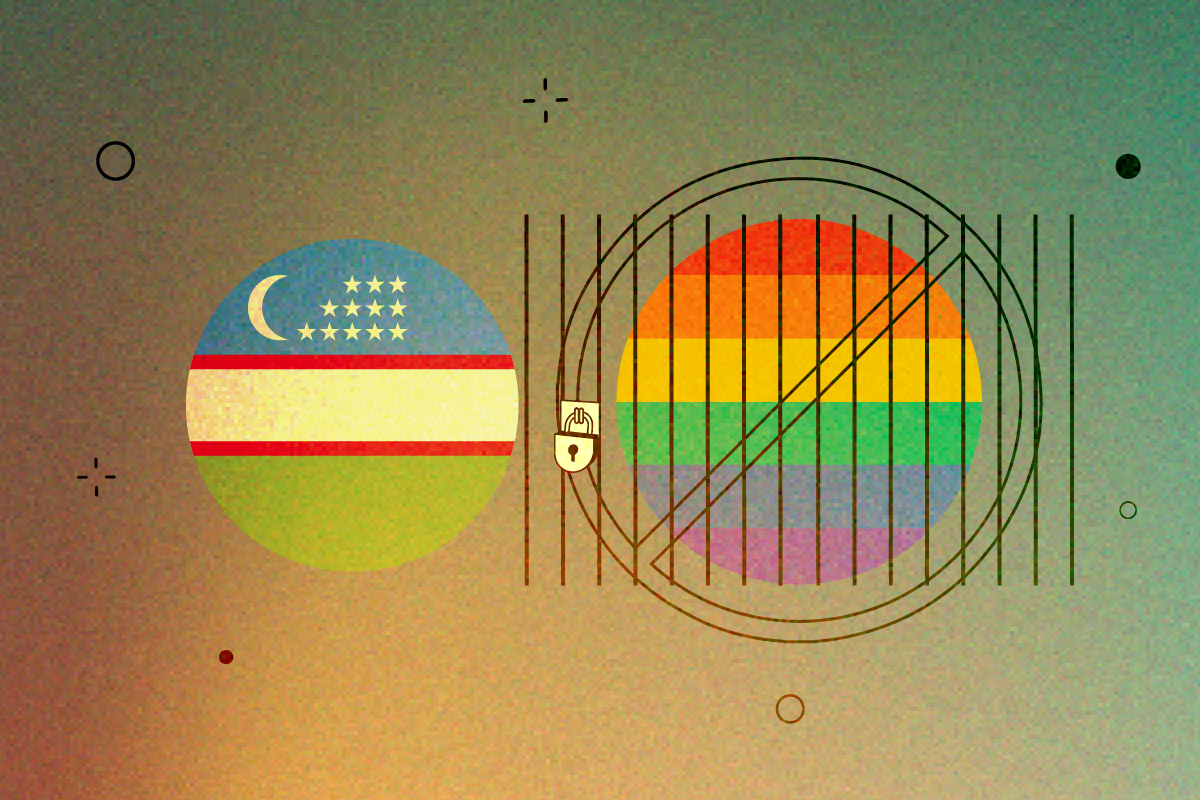Uzbekistan, while internationally declaring its openness and accessibility to information, including on human rights, remains one of the most closed countries in the world with an authoritarian government. And although Uzbekistan is a UN member and has signed its fundamental conventions, it continues to ignore their implementation. So, as of 2022, the country remains one of the two post-Soviet states where consensual sexual relations between men are still illegal.
Those accused under Article 120 of Uzbekistan’s Criminal Code can be sentenced to up to three years in prison. Given that the Criminal Code prescribes responsibility only for same-sex relations between men, this article does not apply to lesbians. However, the impact of Article 120 is presented by the state as a ban on queer people in general, so all sub-groups (lesbians and trans people) who are not prosecuted are still forced to hide.
According to the government of Uzbekistan, in 2021, 36 people were convicted under Article 120 of the Criminal Code, and 25 of them were sentenced to prison terms. Also a year earlier, international organizations provided data on 12 cases of hate crimes, of which 9 were based on the victims’ sexual orientation and/or gender identity (SOGI).
In 2021, a draft of a new criminal code was presented, from which a number of articles were excluded that contradicted Uzbekistan’s international obligations. However, in the revised text proposed for public discussion, there is still an article prohibiting “sodomy”.
To understand the current state of affairs in the country in more detail, we talked to an expert from Central Asia about the situation of the LGBT community in the country (for safety reasons, we cannot give a name or position).
“Everything requires time, including time to realize that members of the LGBTIQ+ community are an integral part of the Uzbek community. The government of Uzbekistan needs to realize that the goals they set for themselves, including those related to democratization, strengthening the economy, expanding socio-economic opportunities and simply attracting investments, developing tourism, cannot be realized if the state discriminates and uses violence against one of the parts of civil society. It is necessary to strive for equality and protect the rights of all groups of civil society,” – the expert says.
Criminalizing voluntary homosexual relations between men not only violates international human rights standards, but also serves as a blackmailing tool for the state, with which law enforcement officials harass and extort money from men, regardless of their sexual orientation. ECOM has registered cases when law enforcement officers met gay and bisexual men online, set up a date and then tortured them, attacked and blackmailed, demanding large sums in exchange for freedom.
There are no democratic institutions in Uzbekistan, and some non-governmental organizations and media are controlled by the authorities, which contradicts the concept of freedom of association. At the same time, both participation and incentive to participate in unregistered organizations are punishable by up to 5 years of imprisonment. In addition, there are absolutely no independent bodies that would conduct research on sensitive topics, such as domestic violence or violation of LGBT people’s rights. The lack of such organizations is aggravated by the inability to obtain any statistical or other data from government agencies.
“Activism, that is, open struggle for one’s rights within the state, is impossible in Uzbekistan in any direction. Uzbekistan remains a totalitarian state, the country’s authorities suppress the voices of people from any social group, monitor, force them to work for law enforcement agencies, fully control all activities, and everyone who disagrees will face criminal prosecution,” – the expert says.
Human rights advocates in Uzbekistan are either not ready to speak openly about hate crimes and repression based on sexual orientation and gender identity, or speak negatively about LGBT people, following the country’s policy. In 2022, ECOM registered two cases when human rights defenders violated the rights of LGBT people — committed an outing against the will of a person or wrote posts containing hate speech and calls to hand over gays to the authorities. These cases demonstrate that LGBT people are marginalized even within the human rights movement.
“However, we don’t think that there are no people with an active civil position in Uzbekistan. There are doctors and teachers, psychologists and lawyers in Uzbekistan, whose assistance is aimed at improving the quality of life of LGBTIQ+ people. But these are not activists, these are people who help each other within their own social group,” – the expert says.
Legislation regarding HIV-positive people does not meet international standards and contains direct discrimination. Thus, the law prescribes that persons who marry before the age of 50, as well as those persons whose sexual partners have been diagnosed with HIV, are subject to mandatory testing. In Uzbekistan, there is a practice of compulsory HIV testing for migrants. Medical workers participate in it, as well as employees of internal affairs bodies and local governments, violating the principles of confidentiality and medical secrecy.
In addition, the Criminal Code of Uzbekistan does not distinguish between intentional and unintentional transmission of HIV — “knowingly putting somebody at risk of contracting HIV, or transmitting HIV” is punishable by imprisonment from 5 to 8 years. This means that PLHIV who have sex are at risk of criminal prosecution, regardless of whether or not HIV has been transmitted and whether or not the sexual partner was aware of their HIV-positive status.
All this is known and methodologically presented thanks to our partners, together with whom we conduct a regular assessment of the legal environment in Uzbekistan, designed to identify legal barriers that prevent people living with HIV, gays and other men who have sex with men, as well as trans people from realizing their rights in various spheres of life.
We developed a methodology and questionnaire, and international experts on Uzbekistan filled out a form to assess legal barriers and their impact on the LGBT community. The higher the score, the more barriers the country has. The Republic of Uzbekistan received 35 points out of 60, where each point means the presence of one or another barrier. Thus, there are serious legal barriers in Uzbekistan, and there are no effective mechanisms for protecting the rights of LGBT people. You can read more about this in our analysis.
In 2023, Uzbekistan will report for the Universal Periodic Review. This means that civil society needs to coordinate efforts to ensure that decriminalization of same-sex sexual relations between adult men is at the top of the agenda.
Based on the obtained data, we made a list of recommendations for the state and representatives of international organizations. This information can be useful in planning advocacy processes to promote the rights of LGBT people and PLHIV and remove barriers that prevent them from the protection of their rights and freedoms.
“Discrimination and violence lead the state to losses in GDP and waste of resources that could be redirected to more important areas. Many leverages could be used: boycotts, sanctions, expulsion from international organizations and/or denying acceptance into international alliances and coalitions, severing economic ties. But, perhaps, the key thing is dialogue. There is no such dialogue in Uzbekistan, and not a single safe mechanism to involve representatives of the LGBTIQ+ community in this dialogue and report their problems to the government. The only possibility that remains is pressure from outside, from the international community, from activists of the LGBTIQ+ community from other countries where this voice will be heard,” – says the expert.
“No society can flourish if some of its parts are excluded or discriminated against”

